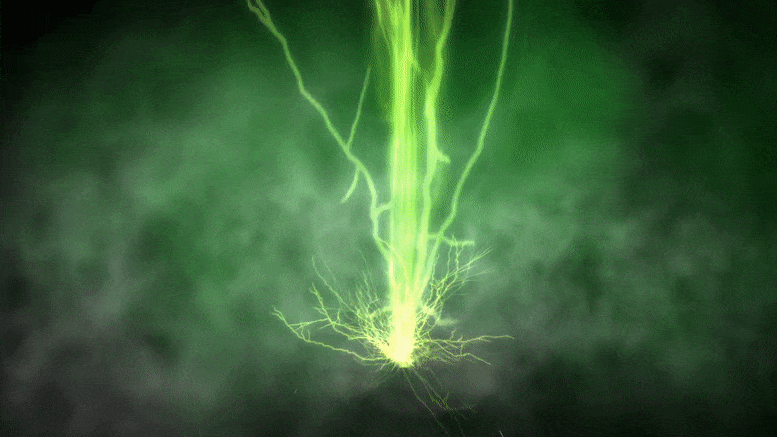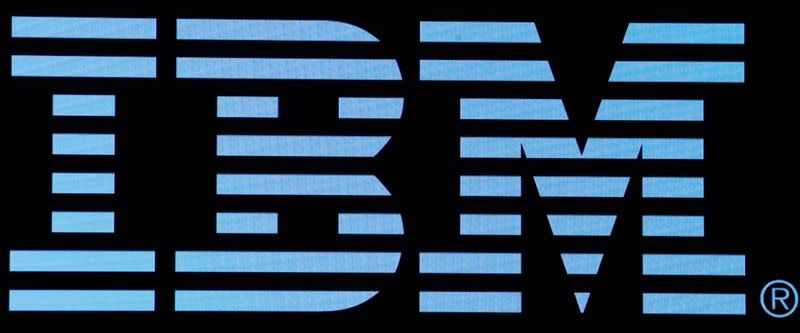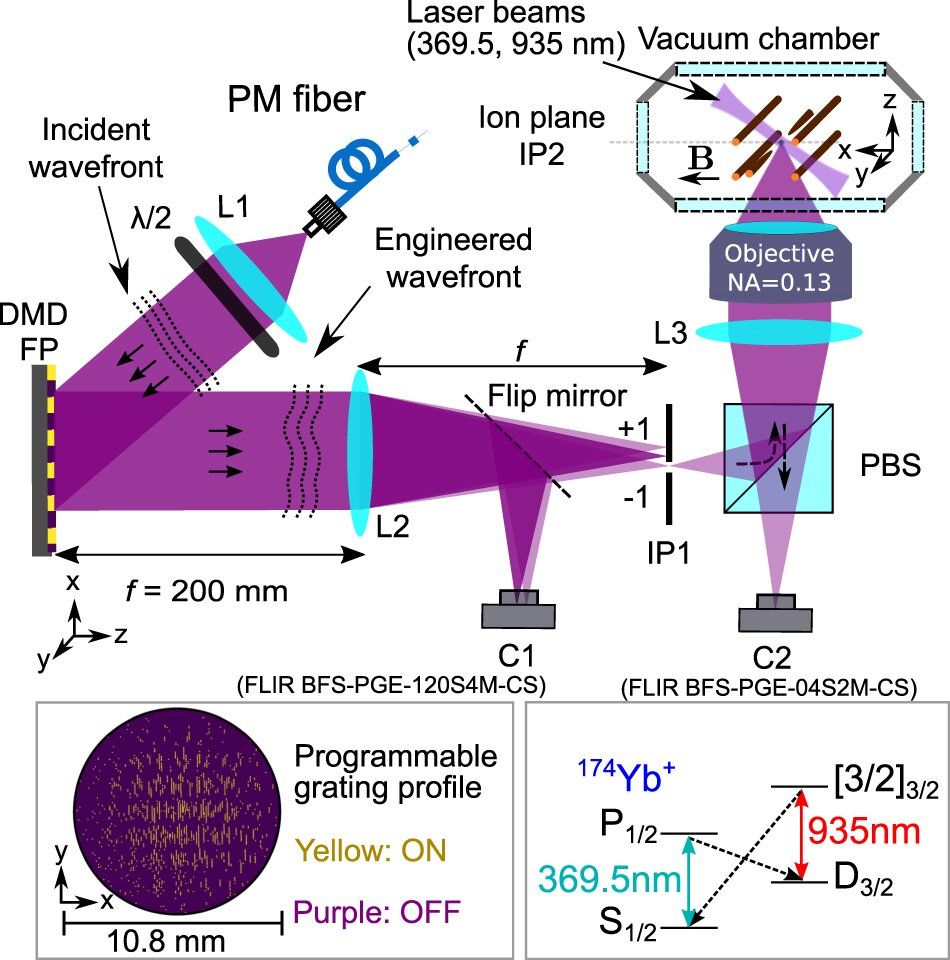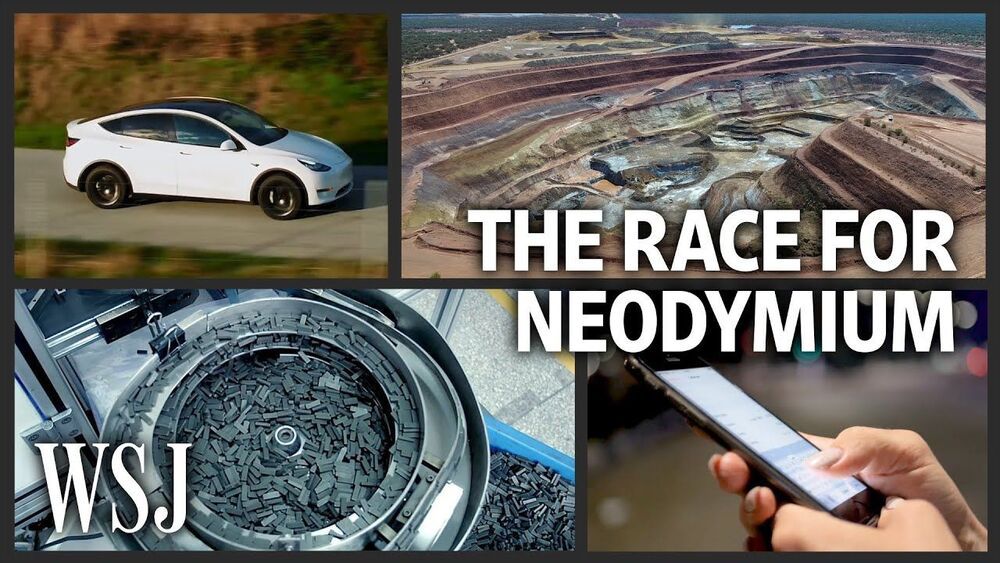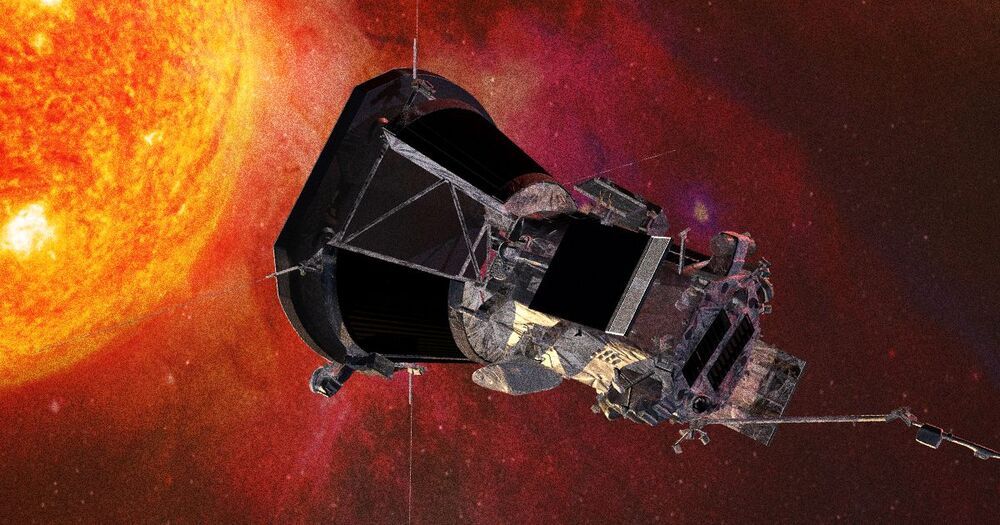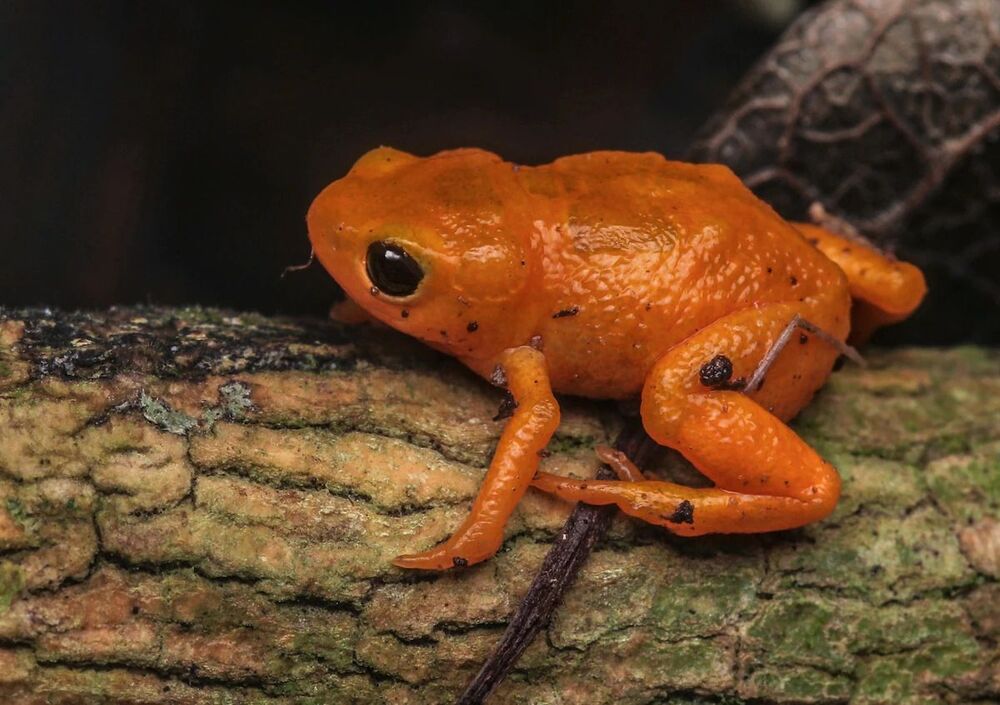Researchers have demonstrated a record-high laser pulse intensity of over 1023 W/cm2 using the petawatt laser at the Center for Relativistic Laser Science (CoReLS), Institute for Basic Science in the Republic of Korea. It took more than a decade to reach this laser intensity, which is ten times that reported by a team at the University of Michigan in 2004. These ultrahigh intensity light pulses will enable exploration of complex interactions between light and matter in ways not possible before.
The powerful laser can be used to examine phenomena believed to be responsible for high-power cosmic rays, which have energies of more than a quadrillion (1015) electronvolts (eV). Although scientists know that these rays originate from somewhere outside our solar system, how they are made and what is forming them has been a longstanding mystery.
“This high intensity laser will allow us to examine astrophysical phenomena such as electron-photon and photon-photon scattering in the lab,” said Chang Hee Nam, director of CoReLS and professor at Gwangju Institute of Science & Technology. “We can use it to experimentally test and access theoretical ideas, some of which were first proposed almost a century ago.”
